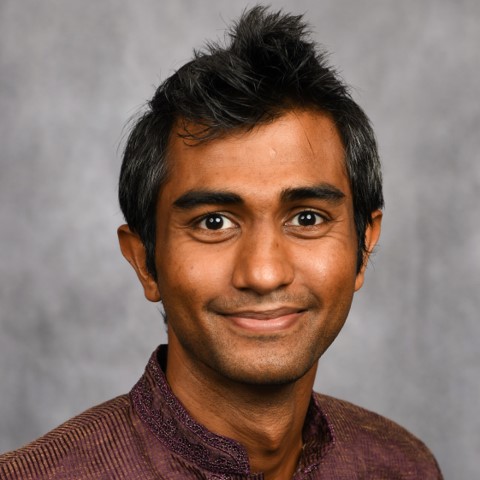2021
Published:
Hi there!
Thank you for your birthday wishes.
In case you did not wish me, it is totally not a big deal! I am writing to you nevertheless to stay in touch …. something I have been quite terrible at since the pandemic broke. I am including a short update from my side. This is not meant to be a broadcast of my whereabouts. My goal is to share what I learnt in the last one year, and ultimately let you know that I am safe and sound :). I would really appreciate a “hi, I am doing great!” or a slightly longer update from you if you find the time!
Just like everyone in the world, COVID-19 came as shock to my daily life. I still remember how I used to track the growing number of positive cases several times a day like most of you probably did. But unlike most people, I have been extremely fortunate to not have been affected in any way in my professional, or personal life. In fact, I find that I have more time for myself, more money for myself, and more freedom for myself. However, I recognize that this is likely not true for you, so if I can be of any help to alleviate hardships brought by COVID-19 disruptions in your life, please, please, don’t hesitate to reach out to me. I can help you pick up groceries, help you find a job, or help you with anything else you might need help with.
Since I was largely unaffected by the pandemic, I crossed an important milestone in my PhD. Last year was the first time I was allowed to call myself a PhD “candidate” (as opposed to student — big difference, I know). To earn that title, I passed a three hour-long verbal exam (typically known as a “qualifying exam”) where I pitched my project ideas to a diverse committee of scientists and defended my stance on various hypotheses I had presented. The biggest thing I learnt from that exam is that anecdotes are rarely appropriate to make a scientific argument. For instance, when my examiner asked me about a conspicuous pattern in my model predictions for forest mortality in southern California, I replied that when I travelled through southern California, I saw that ….. before getting immediately interrupted. They said whatever I saw on that day at that location is irrelevant if most other large-scale studies show the opposite to what my model predicts. Lesson learnt — reserve anecdotes for stories. When it comes to science, let the data speak for itself.
Last year was also the first time I spoke to many journalists and radio hosts after I published an article on a new forest mapping technique to forecast wildfires more accurately. I wish I could say that I enjoyed talking to them. For the most part, I was mad at myself to have botched up answers or for making them sound unnecessarily complicated. During live radio shows, after almost every answer, I remember hitting my forehead against my palm thinking “Did I really just say that!?” Eventually, I learnt that there is no substitute for practice. After that, I insisted on receiving the questions in advance. I practised answering them aloud (without writing down the answers), and I found that the interviews went much better. Another thing I learnt from talking to the media is how to motivate the audience. After one of the interviews, I asked the reporter to give me feedback. She told me that I don’t really need to “dumb it down” while sharing my work, but I should remember to “distill it up” so that I only keep the things that matter, that explains why we should care about my topic and what my solution can do, and throw away the rest. Since then, I have taken a course on virtual communication which has helped me greatly. If you have more tips to help me improve my communications skills, I would love to learn from you!
As a wish for my birthday, it would mean the world to me if you and your close ones don’t miss your routine physical health checkup. Yes, the pandemic has made it hard to receive healthcare unrelated to COVID-19, but the sad truth is that other diseases continue to attack us. Recently, my mother got diagnosed with breast cancer. Fortunately, it was detected in its early stage. Thanks to all of your wishes and prayers, she is well on her way to a speedy recovery. Of course, this is anecdotal evidence, but if it helps improve even one life, I think that is a win for all of us. So please go get your health checkup!
Thank you again for preserving our relationship. It means a lot to me. I hope to hear from you soon. As I said, a simple “hi” will do.
Regards, Krishna
